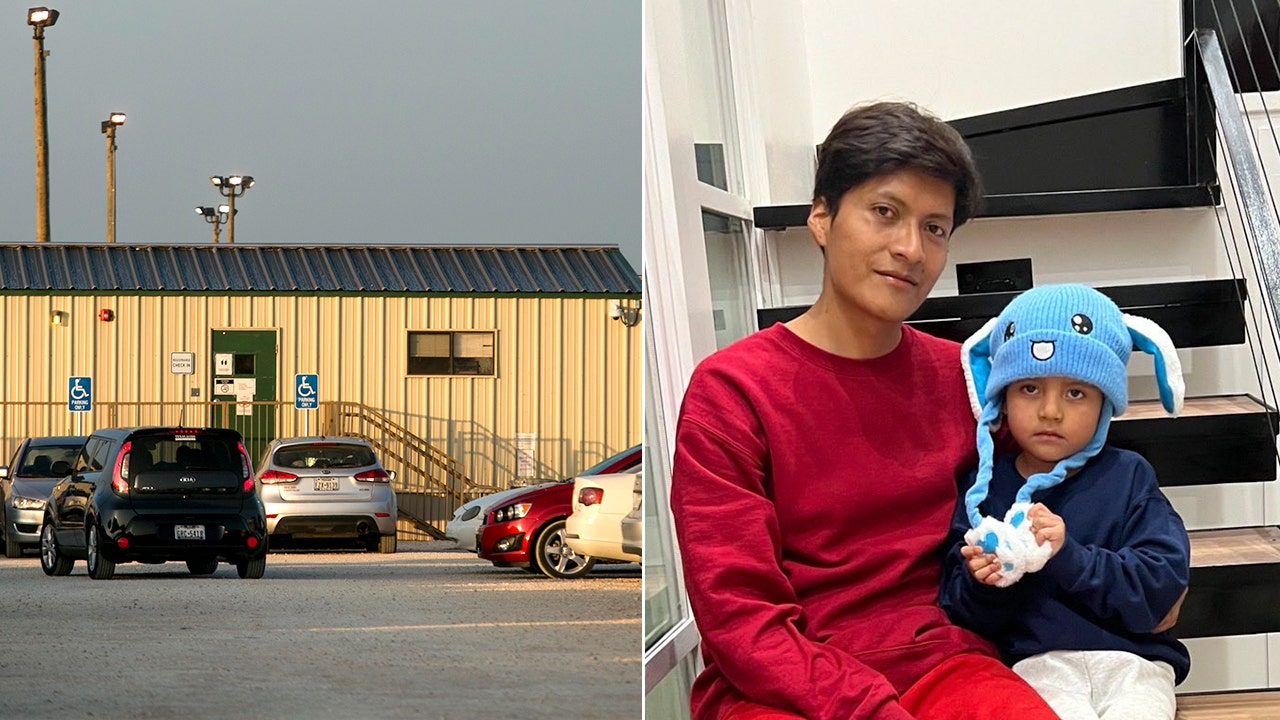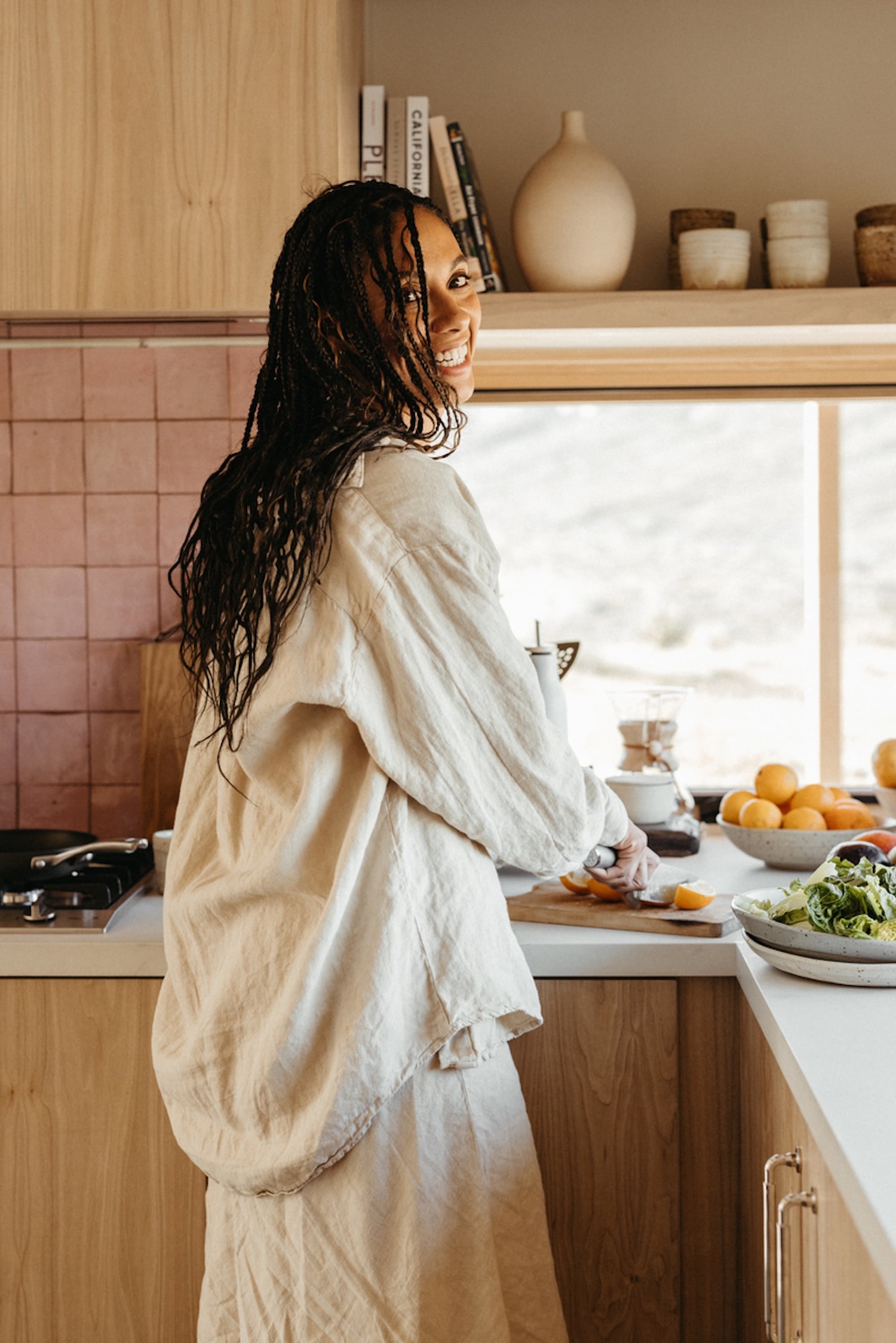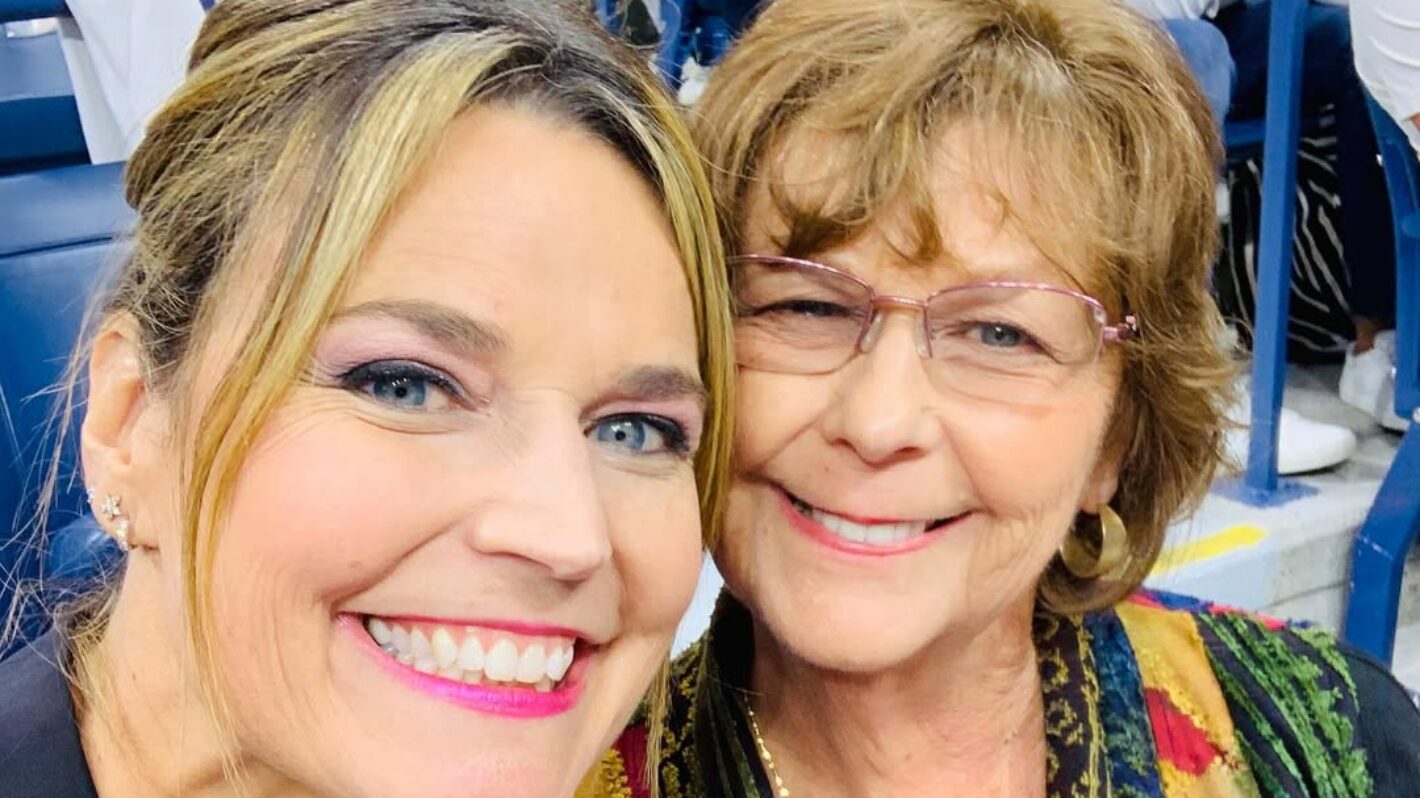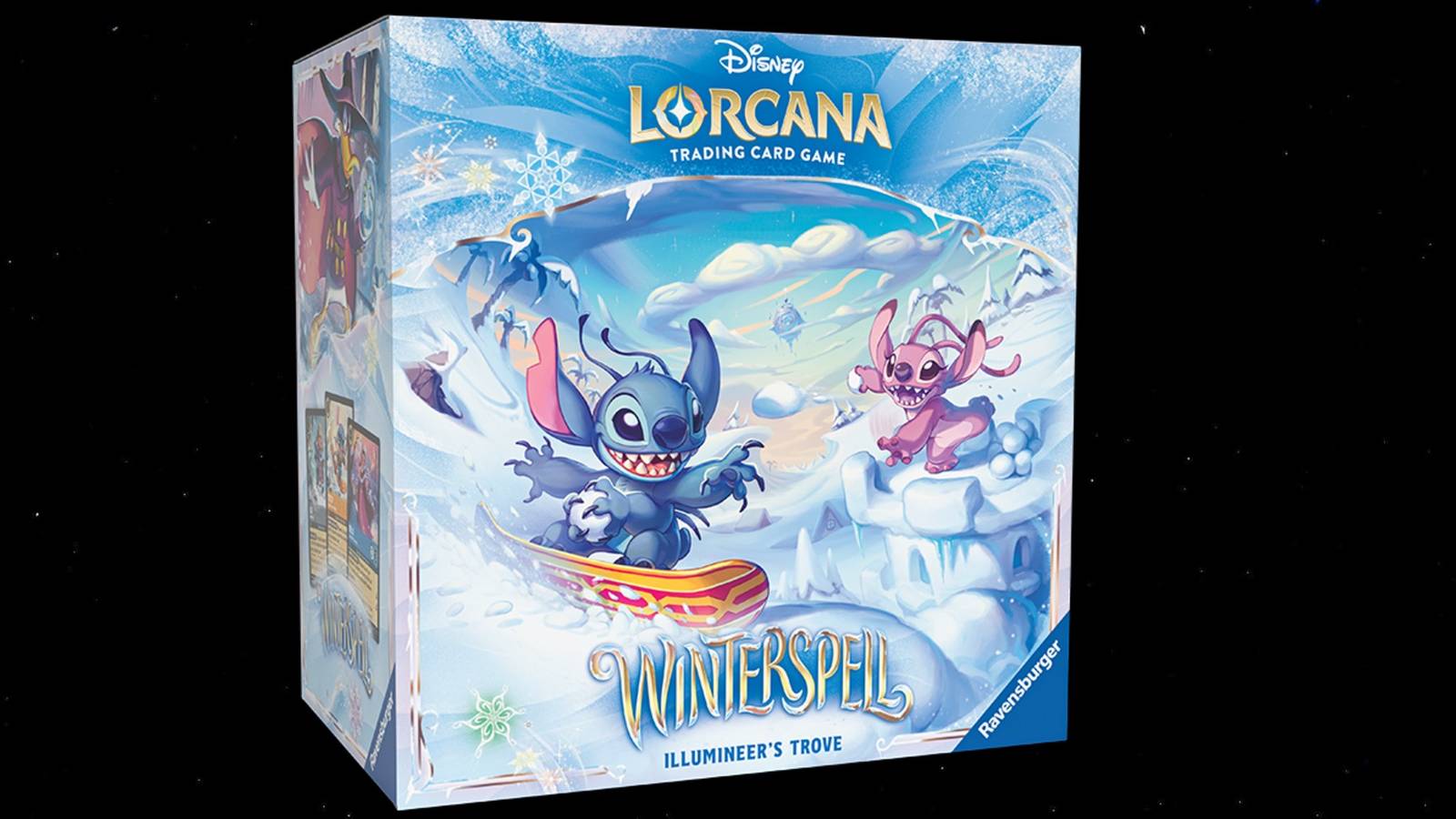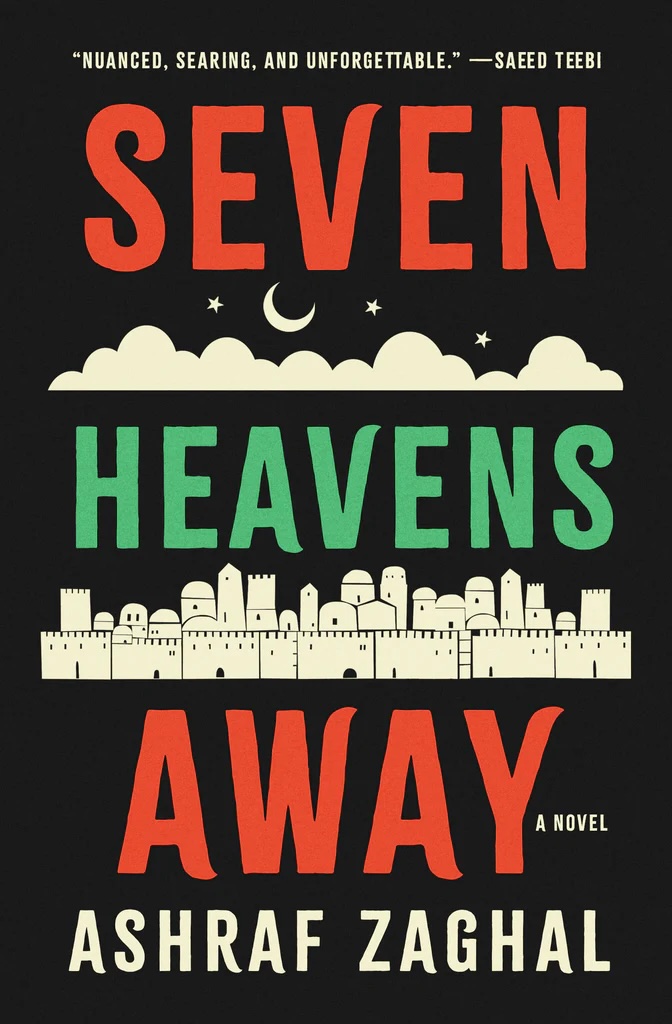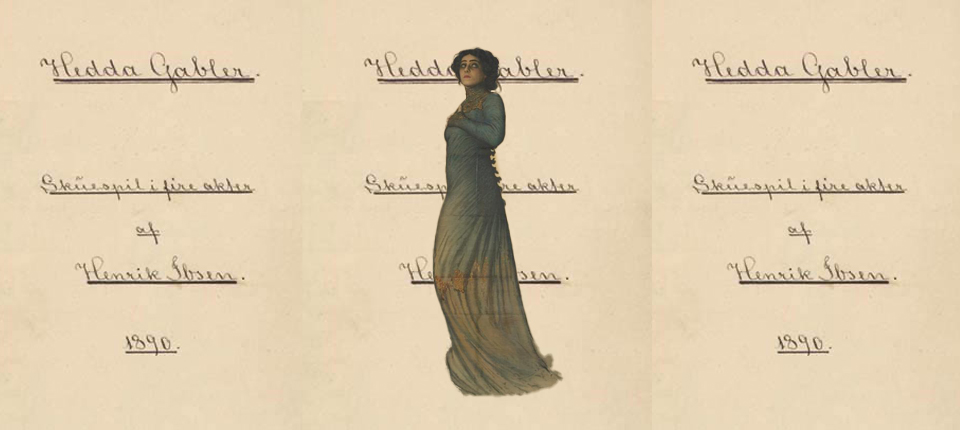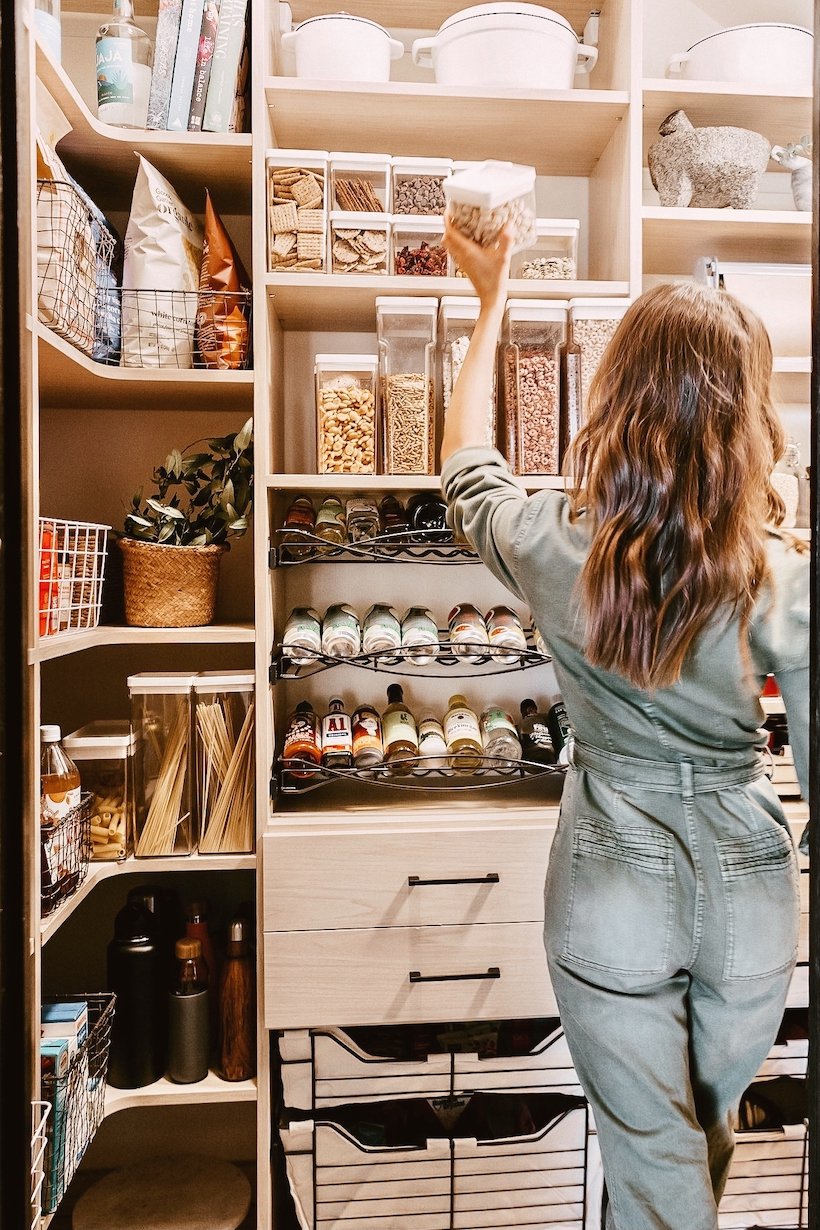Who doesn’t love the sense of calm that comes with an organized space? Our brains and bodies can relax when we enter a room that is free from clutter, but this doesn’t come without a bit of effort. We have to declutter, then continue to keep our spaces organized. One spot that is almost always susceptible to becoming a bit chaotic is the pantry. Perhaps it’s because it’s easy to hide any mess behind a pantry door (I know I’m guilty!) or toss items in without knowing what you have. If this spot in your kitchen needs a little love, you’ve come to the right place.
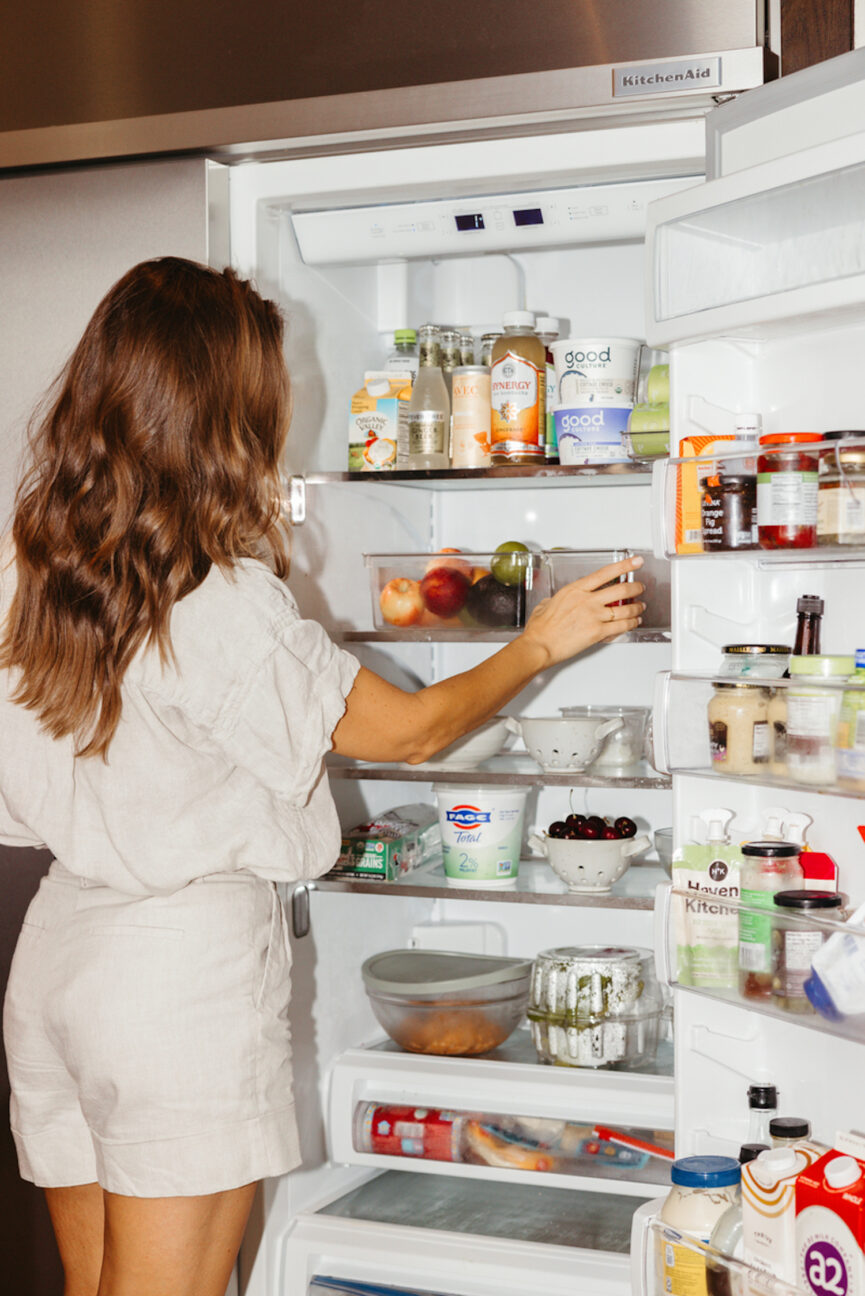
How to Organize Your Pantry—Tips From a Pro
I chatted all things pantry organization with Stephanie Treantos, a home organizer and interior stylist at Lemonaid Solutions. She shared all of her tips and tricks on how to organize the pantry, which is a fantastic project to help usher in a new season. Read on for everything you need to know!
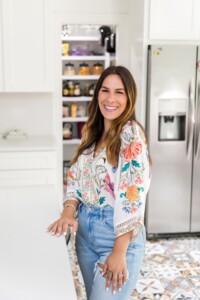
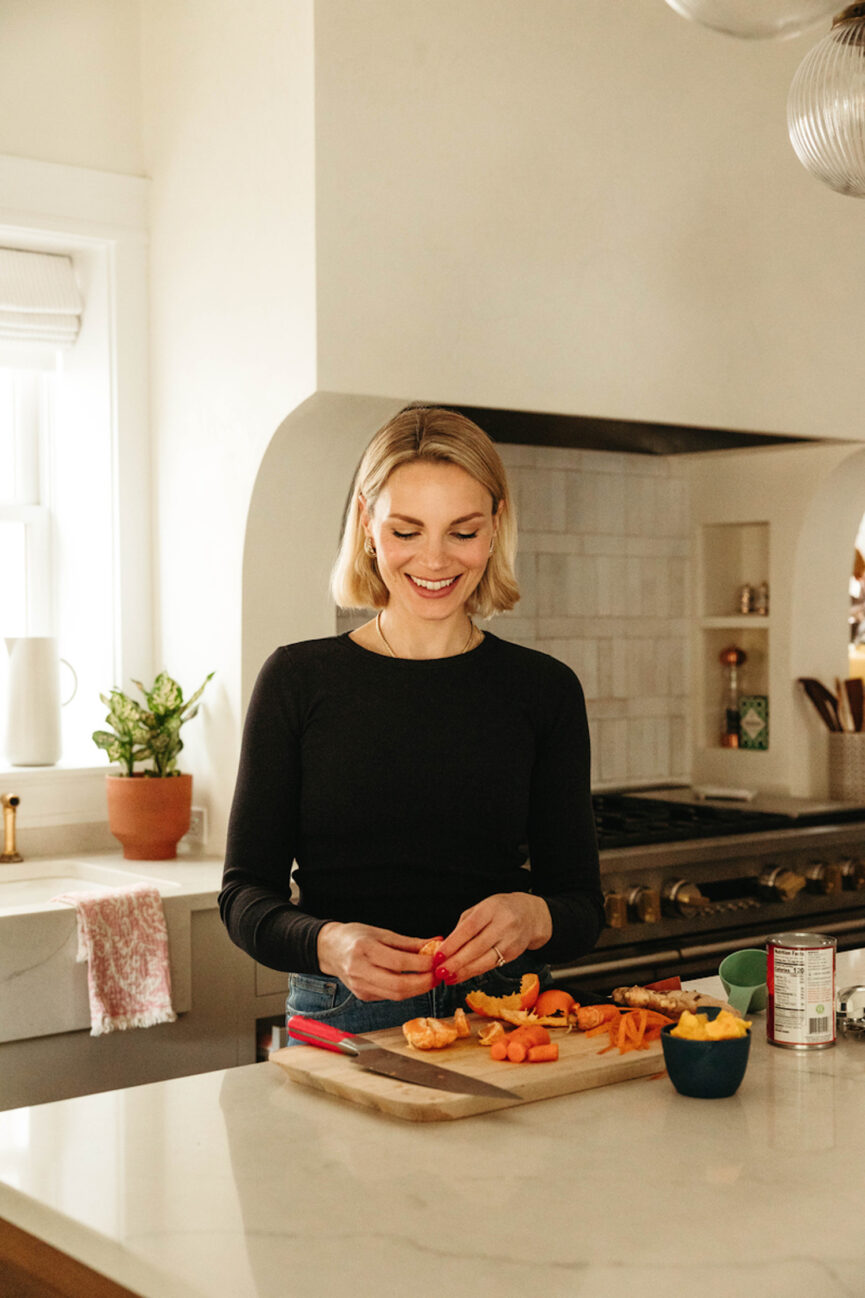
Take Everything Out of Your Pantry
First things first, Treantos recommends starting with a blank slate. “Pull everything out of your pantry and start grouping like items together by category,” she says. Categories can include canned goods, snacks and baking supplies. Treantos also suggests tossing items right away where it’s appropriate. “As you pull items out, check expiration dates and items that no one in the house likes,” she continues.
The decluttering process is made easier when you create your categories as you clear your pantry—setting you up for the next step in the organizing process. “By grouping items as you declutter, you are seeing what you have for inventory while starting the organizing process,” she explains. Once your shelves are clear, give them a quick wipe down.
Create Zones
Once everything is out of your pantry, you should now see what items and categories you have to work with. The next step is to create zones—deciding where you want each category to live in the pantry. “Creating categories and zones make it easier to find what you need and can help you avoid overbuying,” Treantos says. “Zones can include a baking section, a snack zone, or a smoothie and drink station. This makes the pantry more intuitive to use. And fun!”
Deciding how you’d like to organize your pantry will be personal to you and your family, but Treantos has some tips. “Keep items used most often at eye level or what’s most accessible to you,” she suggests. “Place rarely used or back stock items up high. No one wants to reach for a step stool daily to get what they need.”
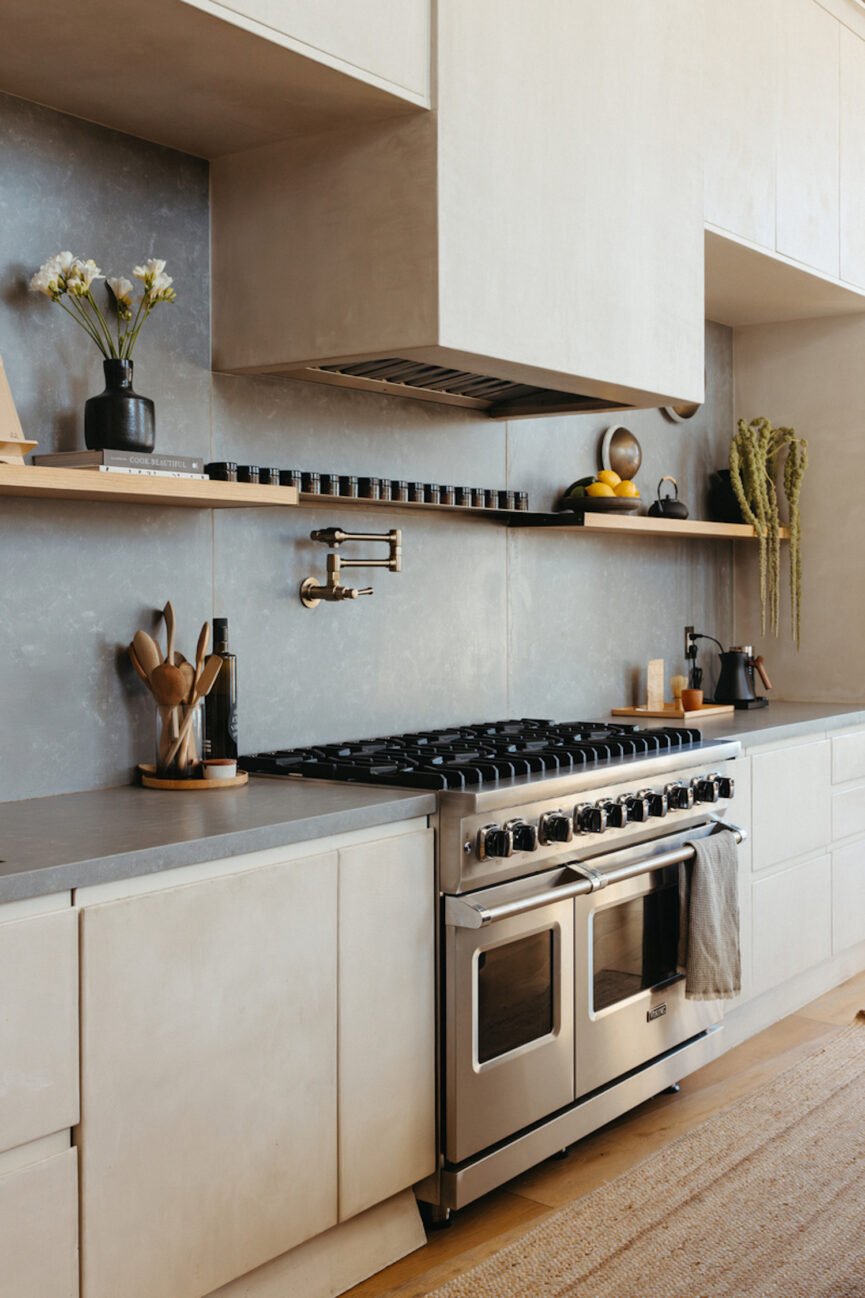
Pick Your Organization Products
Knowing how to organize the pantry can help you not overspend and overstuff your shelves with food. Containers and bins are key. “Product isn’t just about the aesthetic, although particular products can instantly elevate your space,” Treantos says. “Product is meant to create a boundary or limit to the category you are putting in the bin.”
This part of the organization process will help you create a system in your pantry, making it easier to keep organized in the future. “Once everything is decluttered, we look at the size of each category and decide from there how much space in the pantry each category will need,” Treantos explains. “For a pantry to work, the magic is finding the sweet spot in what “limits” each category needs, or how much product is needed for each category.”
This will, of course, vary depending on the size of your pantry and your categories, but Treantos has more tips as you shop for products.
Measure your space
Nothing is worse than coming home with a bunch of containers that don’t actually fit on your shelves. “Always measure before you buy,” she says. It’s helpful to purchase product that is meant to work together from a single brand. The Home Edit pantry containers from The Container Store, for example, are easy to stack on top of each other to maximize space.
Mix materials
Learning how to organize the pantry doesn’t have to include design, but Treantos recommends mixing up to three materials if you’re looking for an aesthetically pleasing space.” Mixing glass, acrylic, woven baskets, wood, and metal add depth and style,” she says. “The combination of textures can make your pantry visually interesting without sacrificing organization.”
Stick to a color palette
Another design tip is to pick a pantry color palette. “Choose a consistent color scheme for containers, baskets, and labels,” Treantos shares. “Whether you go for all-clear, wood accents or a mix of soft neutrals, sticking to a palette will give your pantry a cohesive, stylish look.”
Include baskets
While food storage containers are great for pantry organization, Treantos highly recommends using baskets as well. “We love floor baskets for large bags of chips or drinks,” she says. “Uniform baskets or bins create a clean, uncluttered look. Whether it’s sleek wire bins or woven baskets, matching storage keeps everything looking neat and stylish.”
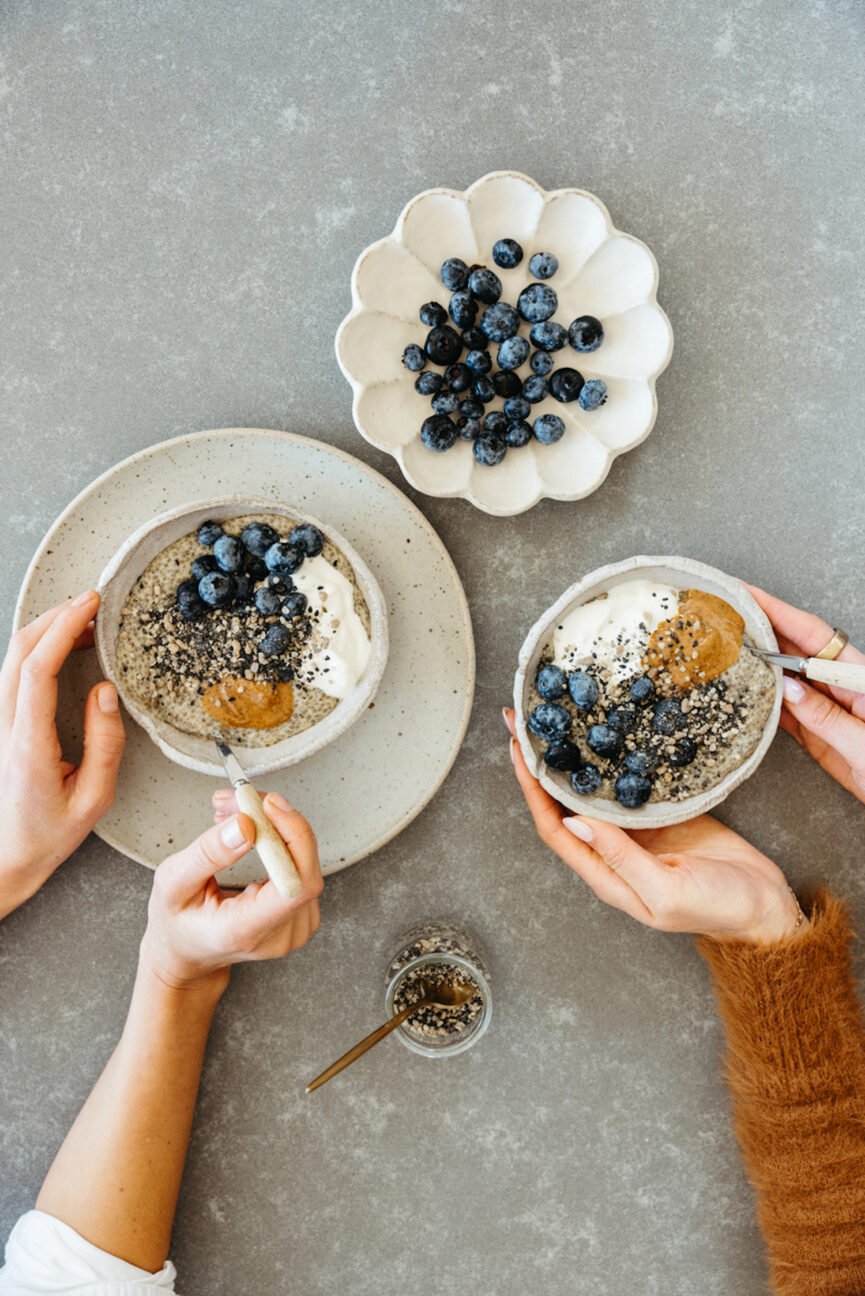
Label Everything
Tips on how to organize the pantry wouldn’t be complete with mentioning labels. “Labels are key!” Treantos exclaims. “Whether you’re using jars, bins, or baskets, labeling helps everyone in the household know where things belong.”
Not only are labels helpful for you, but they can also be great for other members of your household. “Labels allow kids, friends, relatives, and guests to help keep everything organized,” she explains. No more constantly being asked where snacks are—a clear label solves this problem.
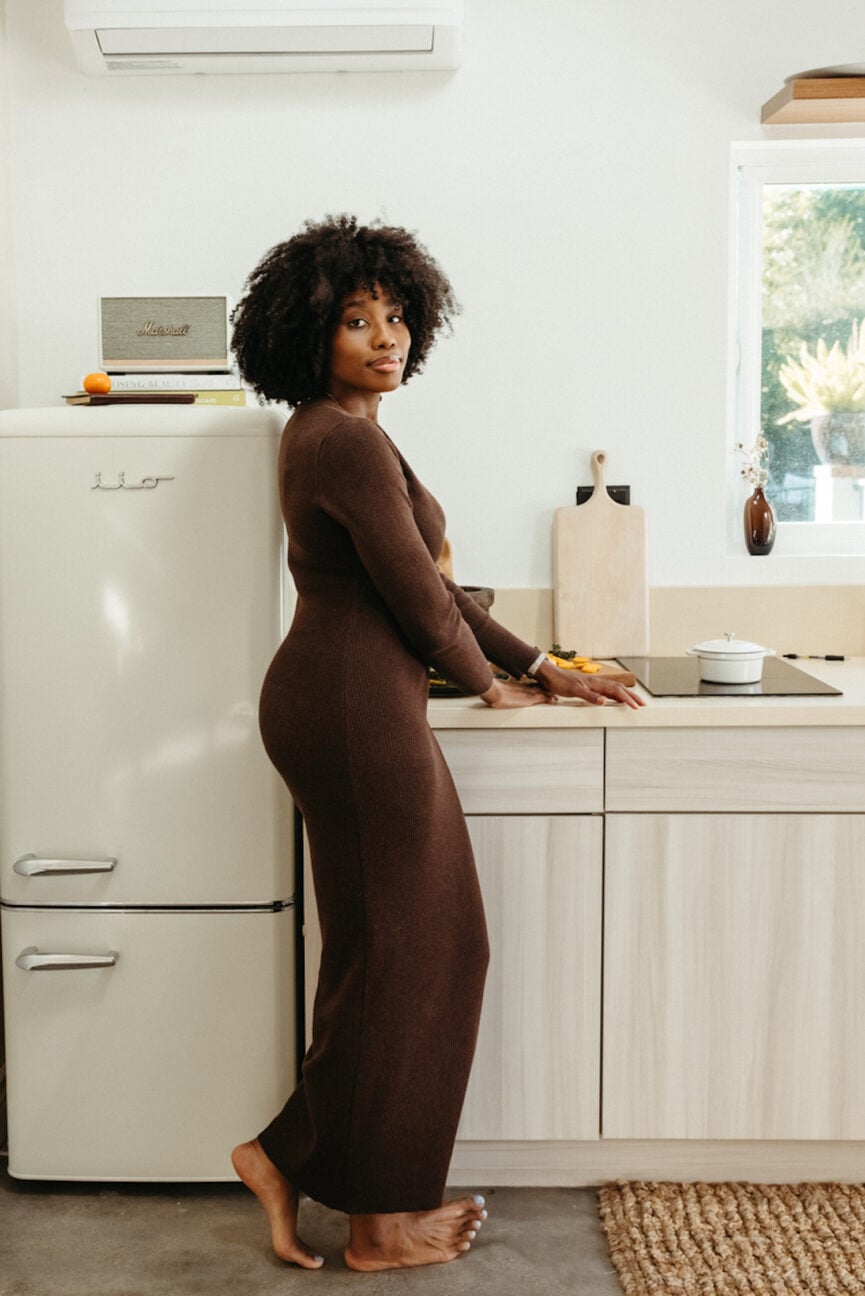
Arrange and Rearrange
Once you’ve gathered all your organizing supplies, it’s time to put everything back in the pantry. It may take time and experimenting to find an arrangement that sticks, and Treantos says it must be intuitive above all else. “If you have five bins of snacks, they should all be next to one another,” she says. “No one wants to look in five places all around their pantry to find the bag of chips they want.”
Create a New Routine
Voila! You now have a decluttered space. You may think theren’t aren’t more tips on how to organize the pantry, but the key to any organization project is keeping it that way. The biggest shift that may need to change with your new pantry is your grocery shopping. “Shopping habits need to adapt to this new organizational system,” Treantos shares. “Shop for the pantry you own, not the pantry you wish you had.”
It’s important you know how much space you have in your new and improved pantry. Then you can create a routine that matches. “If you have a big family and love Costco, can your home withstand the influx?” she asks. “Do you need to create a back stock area in your garage or basement, just shop more frequently or create limits on what you have?” Treantos’ rule of thumb is to never have more than a week’s worth of food in your pantry.





